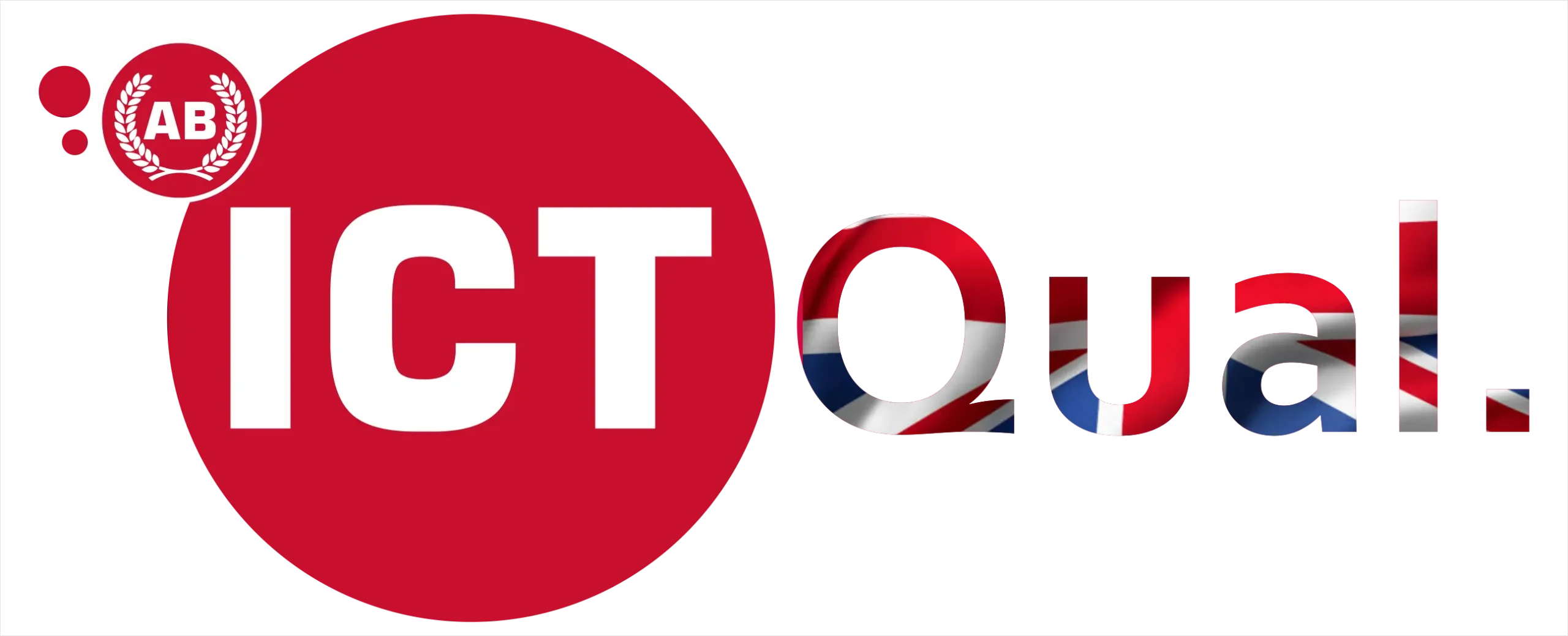ICTQual Certificate in Certified Welding Educator (CWE) (Refresher)
In the realm of welding education, staying current with industry standards and teaching methodologies is crucial. The ICTQual Certificate in Certified Welding Educator (CWE) offers educators and professionals a unique opportunity to refresh their knowledge and skills, ensuring they are well-equipped to train the next generation of welders effectively.
The Certified Welding Educator (CWE) certification, offered by ICTQual, is designed for welding instructors looking to enhance their instructional abilities and update their knowledge base. This certification is particularly valuable for educators who want to stay abreast of advancements in welding techniques, safety protocols, and teaching methodologies.
The ICTQual Certificate in Certified Welding Educator (CWE) (Refreshers) program is a vital tool for welding educators and professionals seeking to maintain excellence in teaching and industry relevance. By refreshing your CWE certification, you invest in your career, enhance your teaching effectiveness, and contribute to the growth and standardization of welding education globally.
Certificate in Certified Welding Educator (CWE) (Refresher)
Entry requirements for an ICTQual Certificate in Certified Welding Educator (CWE) (Refresher) may vary depending on the institution offering the program. However, typical entry requirements for such a course may include:
Learning Outcomes for the Study Units:
Advanced Welding Techniques
Advanced welding techniques are at the forefront of modern welding education. Educators must stay abreast of technological advancements in processes such as TIG (GTAW), MIG (GMAW), Stick (SMAW), and others. These techniques not only enhance efficiency and precision but also prepare students to work with diverse materials and in various industry sectors.
Welding Safety Standards and Practices
Safety is paramount in welding environments. Teaching welding safety standards and practices ensures that students understand hazard identification, risk mitigation, and the proper use of personal protective equipment (PPE). Educators play a crucial role in instilling a safety-first mindset among students to prevent accidents and promote a secure working environment.
Teaching Strategies and Pedagogy
Effective teaching goes beyond technical knowledge. Welding educators employ diverse teaching strategies and pedagogical approaches to engage students and facilitate learning. This includes instructional design, interactive learning activities, practical demonstrations, and real-world simulations that enhance understanding and skill development.
Curriculum Development
Developing a robust welding curriculum involves aligning educational objectives with industry demands and technological advancements. Educators design courses that integrate theoretical knowledge with practical applications, ensuring students acquire the competencies required for successful careers in welding. Curriculum development also adapts to evolving industry standards and feedback from employers.
Professional Development and Ethics
Professional ethics are foundational in welding education. Educators model ethical behavior and professional standards, fostering integrity, responsibility, and respect among students. Continuous professional development ensures instructors stay current with industry trends, teaching methodologies, and certifications, enhancing their credibility and effectiveness in the classroom.
The integration of advanced welding techniques, safety standards, teaching strategies, curriculum development, and professional ethics forms the backbone of comprehensive welding education programs. By equipping instructors with these essential skills and knowledge, educational institutions prepare students to meet industry challenges, innovate in their careers, and contribute positively to the welding profession.
Future Progression for ICTQual Certificate in Certified Welding Educator (CWE) (Refresher):
Integration of Digital Technologies
The future of welding education will likely see increased integration of digital technologies. Virtual reality (VR) and augmented reality (AR) simulations can provide immersive training experiences, allowing students to practice welding techniques in realistic scenarios without the need for physical equipment. These technologies enhance learning outcomes by offering interactive feedback and facilitating skill development in a safe environment.
Industry 4.0 and Automation
With the rise of Industry 4.0 technologies, automation is transforming welding processes. Educators will need to incorporate training on robotic welding systems, automated welding techniques, and programming skills into curricula. Understanding these advancements prepares students for roles where they can leverage automation to improve productivity and precision in welding operations.
Sustainability and Green Practices
Environmental sustainability is becoming increasingly important in welding practices. Future welding education programs may emphasize green welding techniques, such as using eco-friendly materials, reducing energy consumption, and minimizing waste. Educators can educate students on sustainable practices that align with global environmental standards and industry expectations.
Advanced Materials and Applications
The future progression of welding education will involve adapting to advancements in materials science. Educators will teach students how to weld advanced materials like composites, high-strength alloys, and lightweight metals used in aerospace, automotive, and renewable energy sectors. Mastery of these materials expands career opportunities and supports technological innovation.
Lifelong Learning and Continuing Education
Continuous professional development will be integral to the future of welding education. Educators and industry professionals alike will engage in lifelong learning to stay current with evolving technologies, certifications, and safety standards. Professional development opportunities, such as workshops, seminars, and online courses, will ensure that welding educators maintain expertise and adaptability throughout their careers.
The future of welding education is dynamic and multifaceted, driven by technological advancements, industry trends, and global challenges. By embracing digital technologies, automation, sustainability practices, advanced materials, and lifelong learning, welding education can prepare students for diverse and rewarding careers in a rapidly changing landscape. Educators and educational institutions play a pivotal role in shaping the future of welding by equipping students with the knowledge, skills, and mindset needed to thrive in the evolving welding industry.
